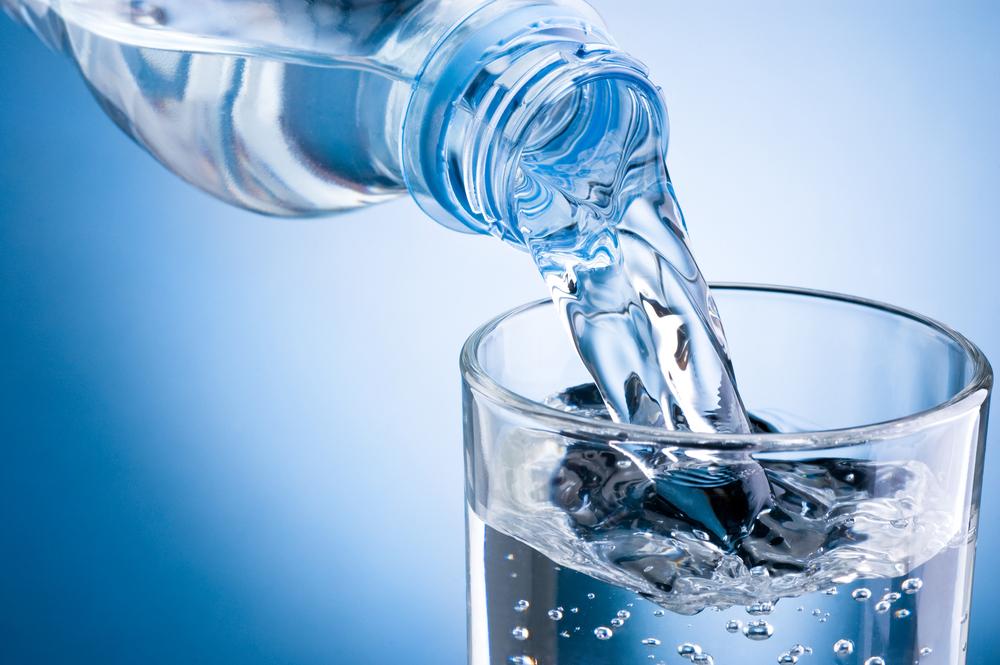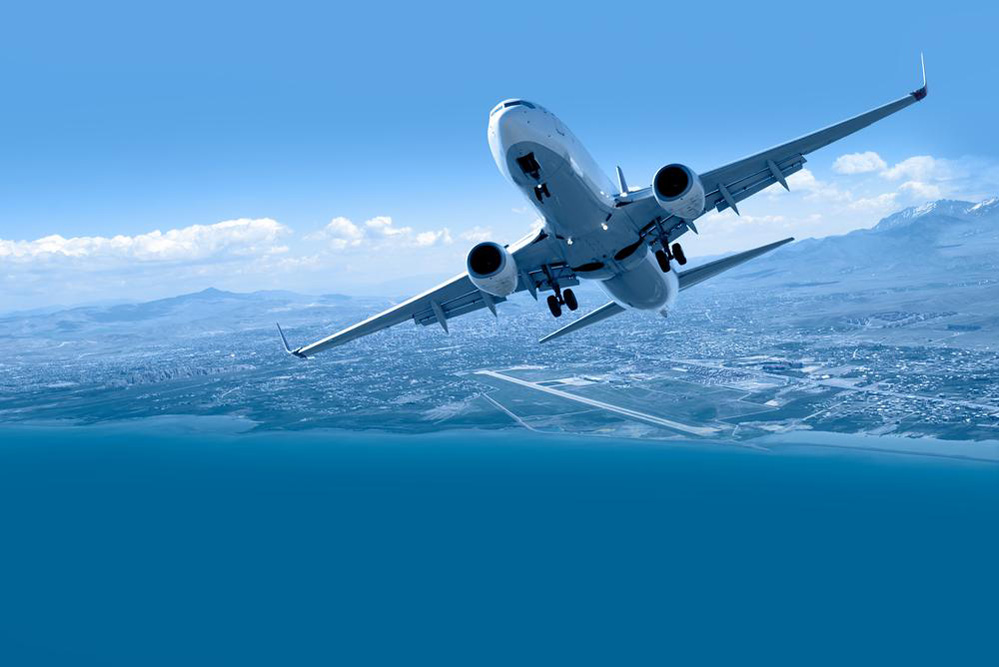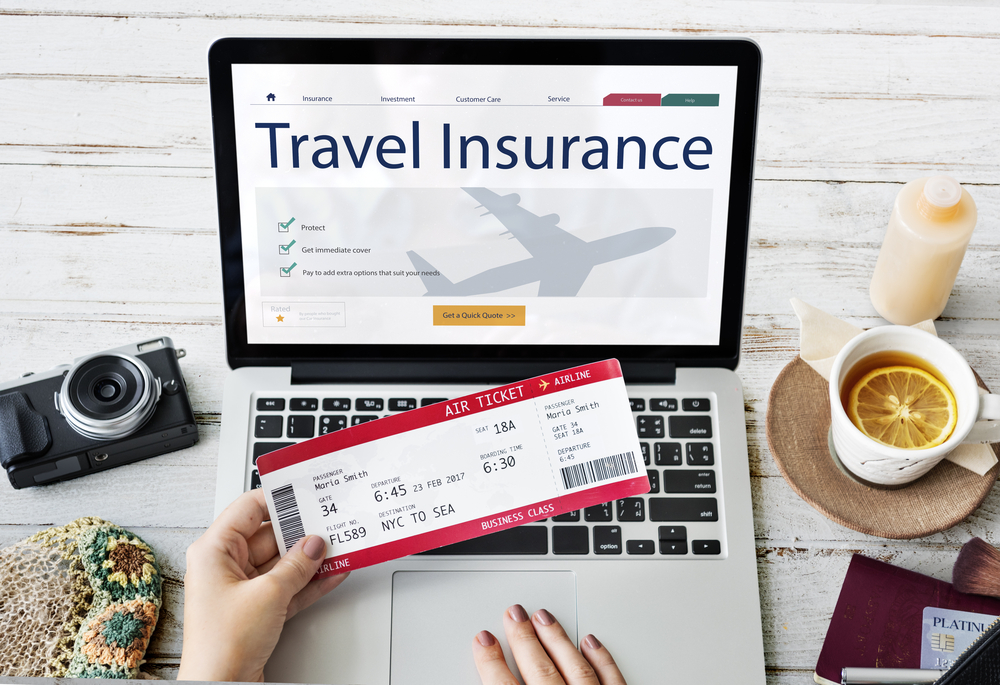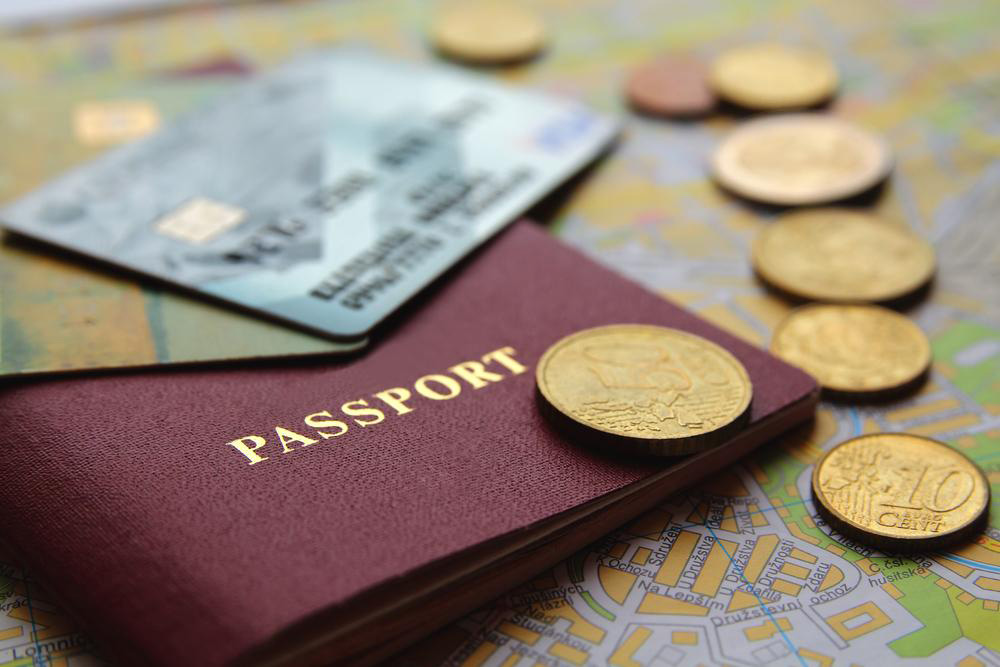Essential Water Safety Tips for Travelers
Travelers must prioritize water safety to prevent waterborne diseases during international trips. Carry bottled water, verify seals, and avoid tap water or unsafe ice. Be aware of regional water safety ratings and consult healthcare providers for precautions. Protect yourself by choosing trusted sources and staying informed, ensuring a healthy and worry-free journey.
Sponsored

Ensuring water safety is crucial whether you're on a business trip or vacation abroad. Access to clean, safe drinking water is vital to prevent waterborne illnesses like cholera, hepatitis A, and typhoid, especially in regions with poor sanitation. Travelers should always carry bottled water, verify seals and expiry dates, and avoid drinking tap water. Be cautious with swimming locations, ice, and food prepared with possibly contaminated water. Using trusted bottled water and consulting health experts before travel can safeguard your health. Stay informed with global water safety ratings to choose destinations wisely.
To minimize health risks, always check the packaging of bottled water, avoid ice or unverified beverages, and prefer thoroughly cooked foods. Understand that water safety varies globally; countries like Sweden, the UK, and New Zealand have the safest tap water, while nations such as India, Bangladesh, and Ethiopia pose higher risks. If unsure, opt for bottled water and consult your healthcare provider for recommended vaccines or medications. Proper hydration is essential, but protecting yourself from contaminated water should always be a priority. Responsible travel includes prioritizing water safety to keep you healthy throughout your journey.
No one wants illness interrupting their travels. Always prioritize water quality—it's key to preventing many diseases. Stay vigilant, hydrate safely, and enjoy your trip without health concerns!






